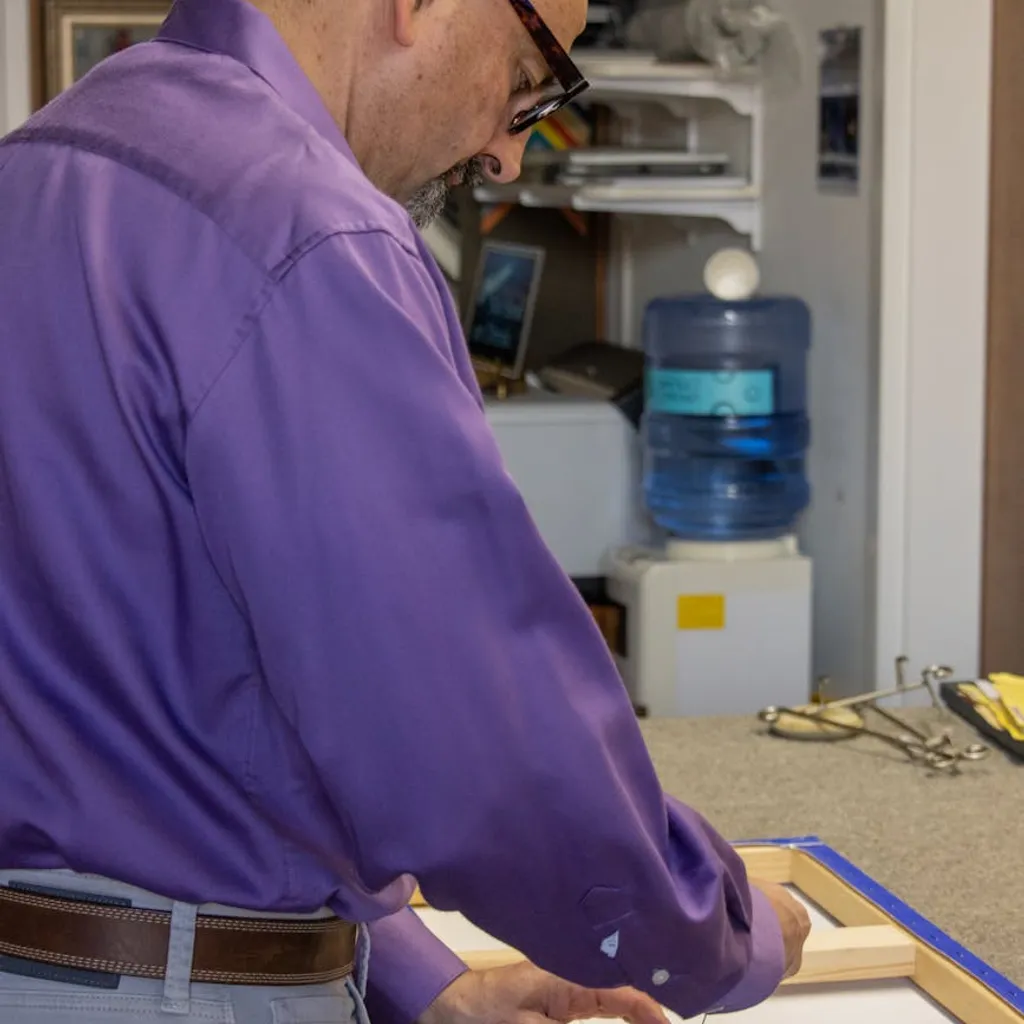In a significant shift in its technology strategy, Unisys is transitioning away from its proprietary mainframe processor, a staple in its ClearPath flagship mainframes for decades. The company has announced that it will adopt Intel’s x86 chips within its Libra and Dorado servers in the ClearPath line. This move is aimed at enhancing speed, scalability, and efficiency, addressing the limitations of the aging CMOS chip currently in use.
Unisys unveiled 12 high-end servers powered by Intel’s Xeon server chip E5-2600 v2, signaling a departure from its proprietary mainframe processor technology. These servers are designed to cater to Unisys customers involved in running legacy applications across sectors such as financial services, telecommunications, and transportation.
The transition plan includes sunsetting the CMOS chip in Libra servers by the end of August and in the Dorado line by the end of 2015. Despite the phased discontinuation, certain Dorado 880E and 890E mainframes will continue utilizing the CMOS chip until they are completely phased out by the end of 2015.
The shift to x86 processors is driven by their superior speed, power efficiency, and compatibility with modern components and interconnects. This compatibility facilitates easier integration of new Libra and Dorado servers with existing systems based on Windows and Linux in data centers. Additionally, the common hardware infrastructure simplifies communication between servers.
For existing Unisys customers looking to upgrade their mainframes, the transition to x86 processors will not pose challenges. The ClearPath OS 2200 and ClearPath MCP operating systems will continue to be supported on x86 Dorado and Libra servers, respectively. A firmware layer will ensure that these operating systems can execute tasks on Intel’s Xeon server chips.
With Intel’s ongoing advancements in processor technology, ClearPath servers are expected to achieve higher performance levels. The adoption of x86 architecture also enables Unisys to leverage the latest technologies to enhance security and increase server throughput in data centers.
Among the newly introduced servers, the fastest Libra 8300 model can reach up to 9,000 million instructions per second, a significant improvement over the highest-performing server with the proprietary mainframe processor, which caps at 5,800 million instructions per second.
Unisys’ strategy mirrors broader industry trends, where more cost-effective chips are gradually replacing expensive mainframe processors. This transition underscores the competitive pressures from emerging technologies, such as ARM server processors, which offer a cheaper alternative to traditional x86 chips.
The latest Dorado and Libra servers are designed to serve as advanced processing units within data centers, handling transactions through dedicated partitions for specific applications. These servers are equipped with the Infiniband interconnect, offering a throughput of 56Gbps, and Unisys’ proprietary S-Par technology for partitioning servers with dedicated cores and I/O ports.
Pricing for the new server lines varies, with Libra 8300 servers starting at $5.6 million, Libra 6300 series at $1.2 million, and the 4300 series at $900,000. The Dorado line includes the 6300 servers starting at $2 million, and models 4380 and 4390 starting at $665,000, with the 4350 and 4370 models beginning at $325,000.








